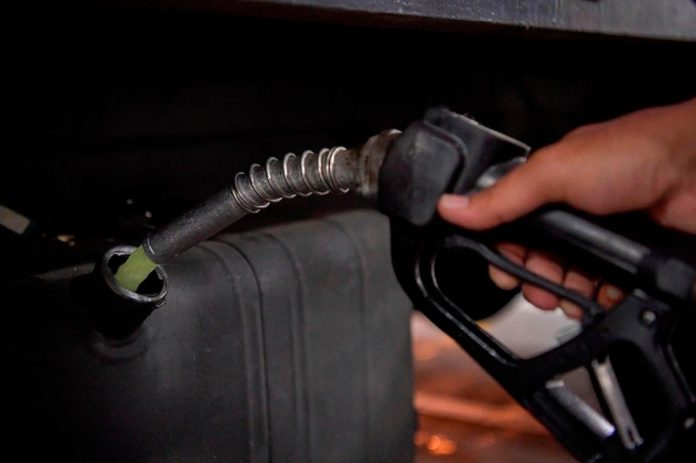LILONGWE: Early morning queues of vehicles stretch around the lone fuel station in Dedza district, forming one of many overnight petrol lines across Malawi.
This scene of frustration over chronic fuel shortages represents a growing political liability for President Lazarus Chakwera as he seeks a second term in September 16 elections.
Nelson Mazola, a motorcycle taxi driver at the front of the queue, explained how the scarcity impacts his business and community.
“Now it’s becoming difficult to convince people to pay higher fares, even when they need to get a patient to the hospital quickly,” said Mazola in the largely rural district outside Lilongwe.
Rural areas suffer most from petrol shortages, increasing transportation and food costs in a country where over 70% of the population lives in poverty according to World Bank data.
Compounded by rampant hoarding and black-market sales, the shortages stem from Malawi’s lack of foreign currency to buy imported fuel and other essentials.
The fuel crisis forms part of broader economic troubles in the tobacco-exporting nation, where drought undermined last year’s maize harvest and left 5.7 million people acutely food insecure according to the World Food Programme.
Economist Adam Chikapa suggests fuel queues will directly influence voting behaviour in the upcoming election.
“Imagine spending the night at a filling station, frustrated and angry, and then going to the polling centre the next day,” he said.
Economic statistician Alick Nyasulu noted the government’s failure to address the crisis despite previous promises of action.
“One would have expected elections would compel authorities to try to fix this and present some sense of normality,” he told AFP.
At a Blantyre fuel station, young men hawk petrol from plastic jerry cans at four to five times the official price, preying on desperate drivers.
University of Malawi political scientist Boniface Dulani confirmed economic management represents the primary public grievance against the government.
“The fuel queues are the clearest manifestation of this failure,” he said, predicting electoral consequences for the ruling party.
Energy policy expert Elizabeth Mwandale warned that without structural reform in energy procurement and forex management, Malawi will remain trapped in a cycle of fuel shortages.
Governance expert Willy Kambwandira noted the pattern of short-term fixes and allegations of corruption in the procurement process.
The situation dampens electoral enthusiasm, with only two-thirds of the largely young electorate registered and widespread mistrust in the electoral authority.
Mazola the taxi driver summarised the public mood as voters consider whether to retain the current government.
“People are looking at the current problems and asking themselves if anything would change if the same government remains in power,” he said. – AFP








